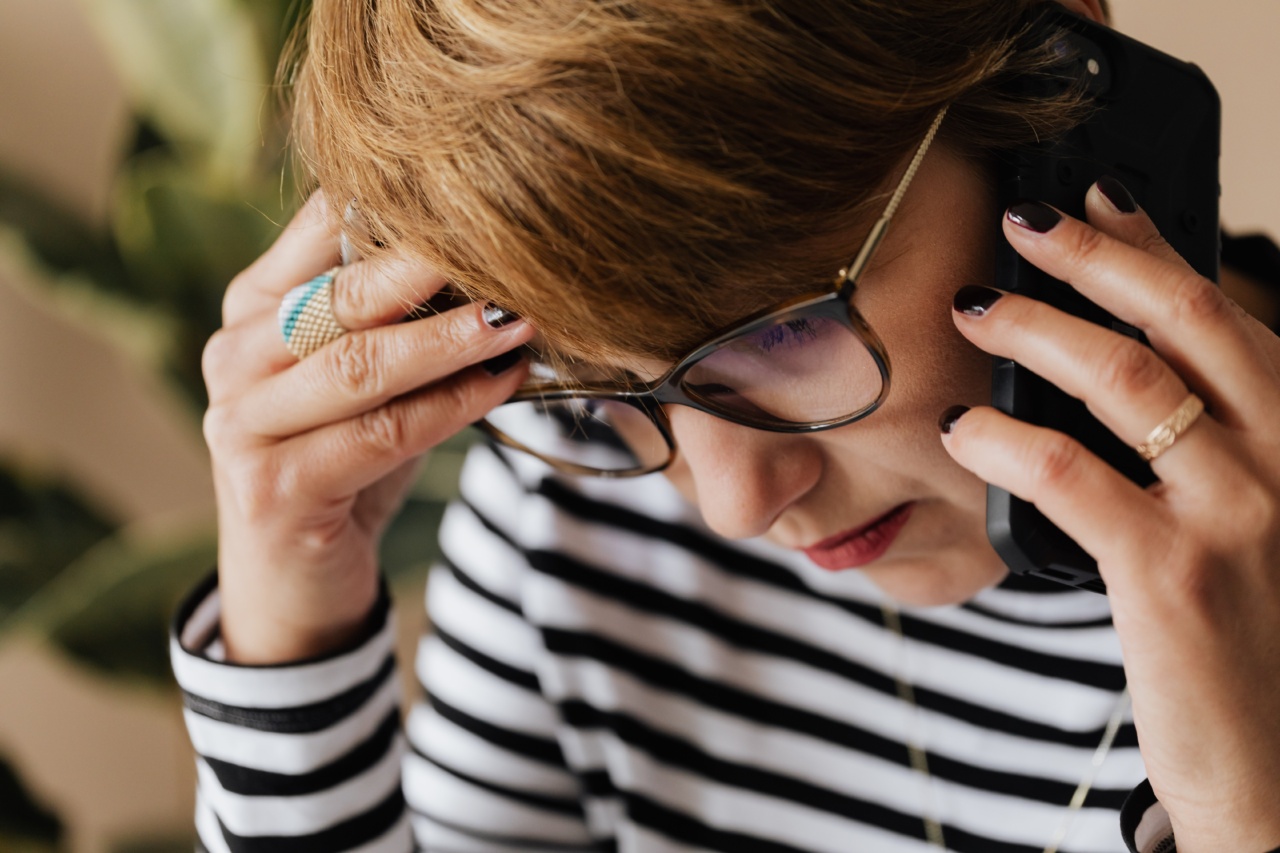Depression is a mental health disorder characterized by feelings of sadness, hopelessness, and a loss of interest in activities that the individual once enjoyed.
Millions of people around the world suffer from depression, and it can lead to issues like social isolation, reduced productivity, and even suicide in severe cases. Despite the severity of depression, it remains widely underdiagnosed, and people often suffer silently without seeking help.
But with the increasing penetration of smartphones, technology can be used to address this challenge by screening patients for depression in a convenient, cost-effective, and timely manner.
How Can Smartphones be Used for Depression Screening?
With the ever-expanding reach of technology, smartphones have become ubiquitous in our daily lives. These devices can be used for a wide range of purposes, including depression screening.
In recent years, mental health professionals have been exploring the use of smartphone apps for depression screening. These apps use proven screening tools to identify early warning signs of depression in patients. This screening process is relatively simple and has the potential to help many patients who otherwise might not seek help for their depression.
Benefits of Using Smartphone Apps for Depression Screening
There are several benefits of using smartphone apps for depression screening:.
- Convenience: Patients can be screened anywhere and anytime, as long as they have access to a smartphone.
- Speed: The screening process can be completed in a few minutes, saving time and reducing the need for in-person visits to healthcare professionals.
- Accuracy: Smartphone apps use standardized screening tools that have been validated through research to ensure accurate results.
- Privacy: Smartphone apps are a private way to screen for depression, allowing patients to complete the screening process in the comfort and privacy of their own homes.
Examples of Smartphone Apps for Depression Screening
There are several smartphone apps available for depression screening, including:.
- PHQ-9: PHQ-9 is a screening tool for depression that is used by healthcare professionals. Patients can complete the screening using a smartphone app, which then provides the results to their healthcare provider.
- eMoods: eMoods is an app designed to help patients track their moods and identify patterns that may indicate depression. The app provides a variety of tools to help patients manage their mood, including a mood tracker and a journal.
- Moodfit: Moodfit is an app that uses cognitive-behavioral therapy techniques to help patients manage their depression. The app provides a variety of tools, including mood tracking, daily tips, and guided meditations.
Limitations of Smartphone Apps for Depression Screening
While smartphone apps for depression screening have several benefits, they also have limitations. For example:.
- Accuracy: While smartphone apps use validated screening tools, they may not be as accurate as in-person screening by a trained healthcare professional.
- Accessibility: Not everyone has access to a smartphone, which may limit their ability to use these apps for depression screening.
- Self-diagnosis: Some patients may use smartphone apps for self-diagnosis, which can be dangerous. It is important to seek help from a mental health professional for an accurate diagnosis and treatment plan.
The Future of Depression Screening Using Smartphones
The use of smartphone apps for depression screening is still in its early stages, but the potential for this technology to improve access to mental healthcare is significant.
Mental health professionals are also exploring the use of other technologies, such as virtual reality, to provide more immersive and accurate screening for depression. As technology continues to advance, it is likely that we will see new and innovative ways to use smartphones and other digital tools for depression screening and treatment.
Conclusion
Depression is a significant mental health disorder that affects millions of people worldwide. While depression screening is essential for early detection and treatment, it is often underdiagnosed, and patients may suffer in silence.
The use of smartphone apps for depression screening has several benefits, including convenience, speed, accuracy, and privacy. However, these apps also have limitations, and it is crucial to seek help from a healthcare professional for an accurate diagnosis and treatment plan.
With the increasing use of smartphones, it is likely that we will see the continued development and advanced use of technology for depression screening and other mental health disorders.





























